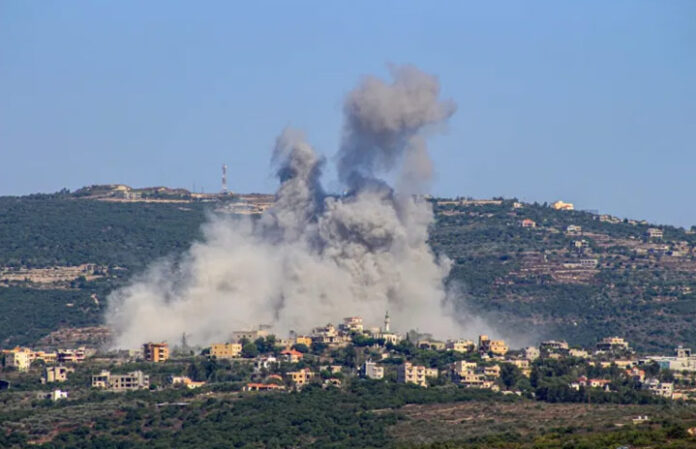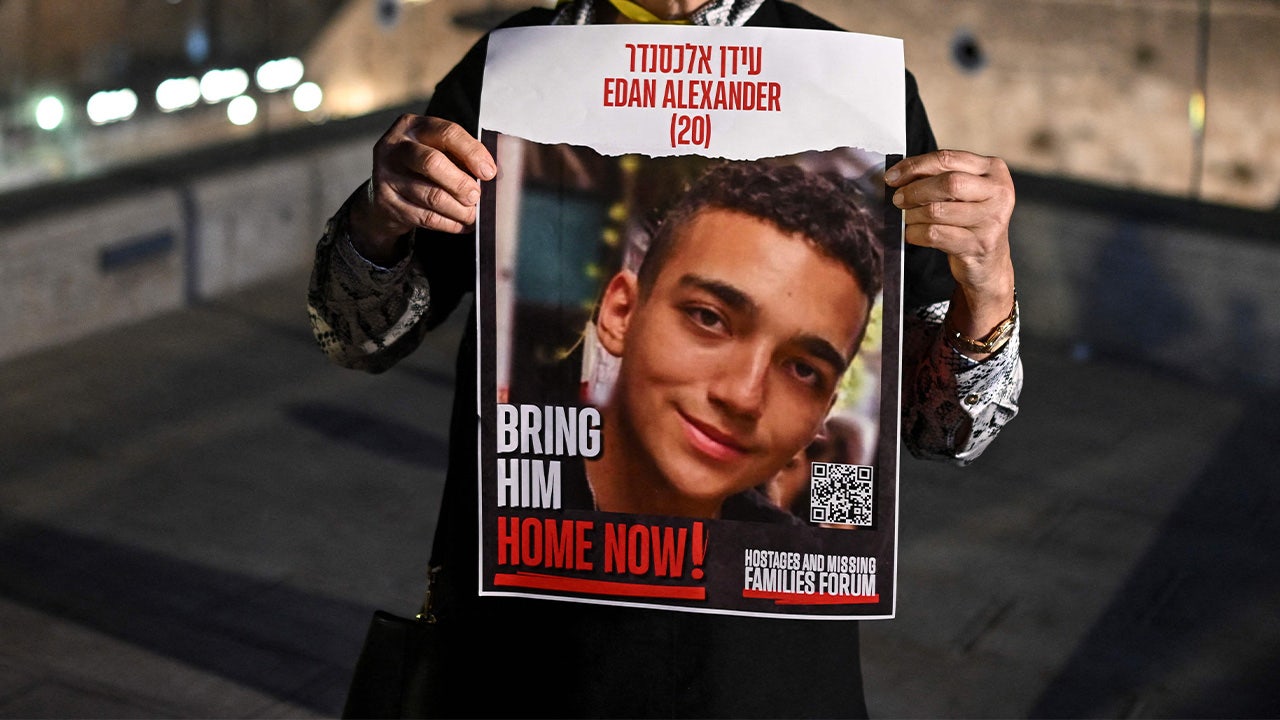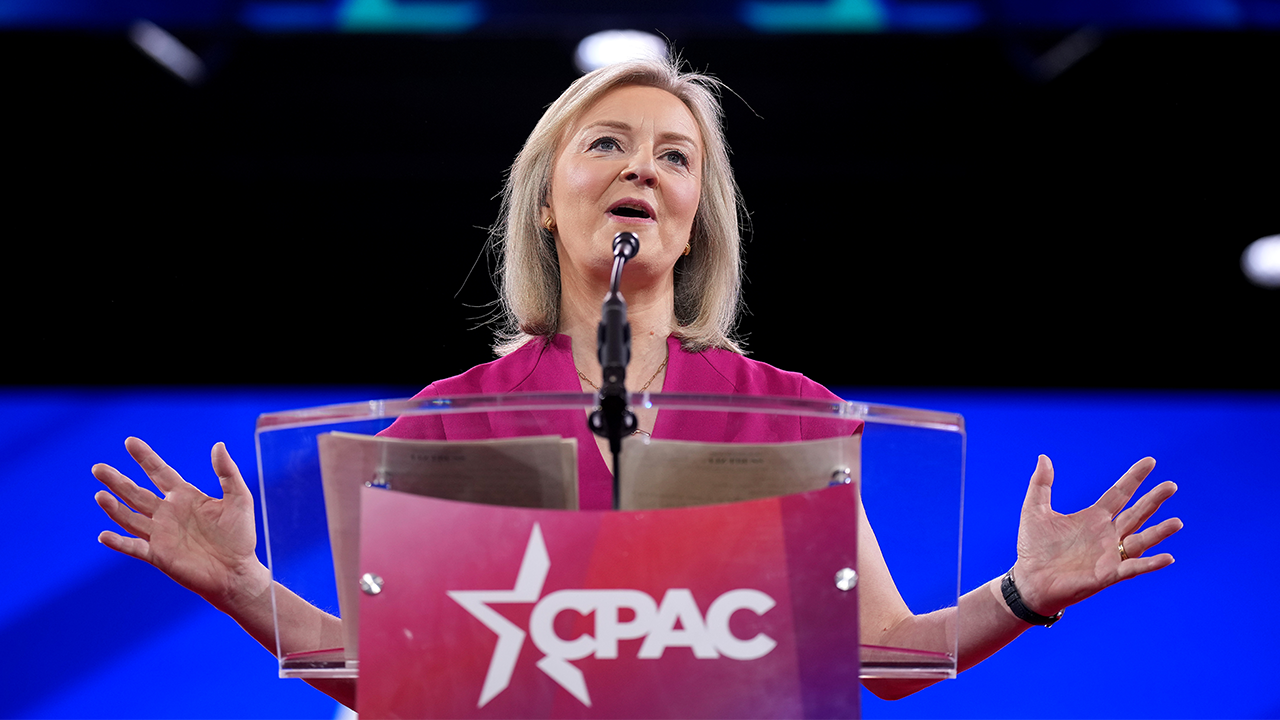Israeli drone strikes have reportedly resulted in the deaths of two individuals in southern Lebanon, as tensions between the neighboring countries continue to escalate. This attack marks the first lethal action following a rocket strike on Saturday that Israel claims killed 12 children and youths in the Israeli-occupied Golan Heights. The incident has heightened fears that the ongoing conflict in Gaza could spread into a broader regional confrontation.
According to Lebanese state media, one of the drone strikes targeted a motorcycle near the border, killing two riders and injuring a child. A separate strike in southern Lebanon left two others injured. The Israeli military stated that the strikes targeted Hezbollah operatives and infrastructure but did not provide further details.
Israel has attributed the weekend’s rocket attack to Hezbollah, a Lebanese armed group with ties to Iran that has pledged to continue its attacks on Israel in solidarity with Gaza. However, Hezbollah has denied responsibility for the rocket attack.
In response to the escalating situation, Israel’s security cabinet, led by Prime Minister Benjamin Netanyahu, authorized retaliatory measures late on Sunday. Israel’s largest newspaper, Yedioth Ahronoth, quoted unnamed Israeli officials who described the planned response as “limited but significant.” The range of options reportedly includes targeted strikes on infrastructure such as bridges, power plants, and ports, as well as attacks on Hezbollah weapons depots.
Amidst these developments, Hezbollah and affiliated groups have reportedly evacuated certain positions in Lebanon and Syria, anticipating potential Israeli counterattacks. This includes concerns about the Beirut international airport being a possible target, as many airlines canceled flights and passengers crowded outside the terminals on Monday morning. Al Jazeera’s Zeina Khodr reported from the airport that Israeli drones were seen flying overhead throughout the night, contributing to the sense of unease.
Both Israel and Hezbollah have so far been cautious to avoid a full-scale war, largely confining their hostilities to border areas and military targets since the exchange of attacks began in October. However, there is growing concern in Lebanon that the latest series of strikes could escalate the conflict further. Khodr noted that the key questions are whether Israel will target Lebanon’s infrastructure or focus on Hezbollah-specific targets, and how Hezbollah will respond. A measured response from Hezbollah might contain the conflict, but a more aggressive reaction could lead to a wider and more devastating confrontation.
Randa Slim, a senior fellow at the Middle East Institute in Washington, DC, noted that neither Israel nor Hezbollah seems eager for a full-scale war, largely due to the potential for massive displacement along the conflict lines and the unpredictable consequences of a prolonged conflict, which could eventually draw in Iran. Slim highlighted the Israeli prime minister’s likely reluctance to engage in an all-out war, given these complexities and the potential for uncontrollable escalation.





